| Content | There are numerous ways for man to achieve guidance and emerge from darkness and move towards light.
Allah says in the Holy Quran in 41:53
‘Soon will We show them our Signs in the (furthest) regions (of the earth), and in their own souls, until it becomes manifest to them that this is the Truth.’
Thus Allah uses different means to guide us to the right path; which can be termed as the ‘Light’
One of such methods is through stories.
The Holy Quran is full of stories of past Prophets and previous nations. In fact one of the chapters of the Holy Quran is called ‘Al Qasas’- The Narratives.
Through these stories, people can comprehend and distinguish the paths of progress and regress, and ascent and descent in every field, especially morals.
In fact, during the entire period of his prophet hood, the Noble Prophet , with regards to refinement of souls and perfection of morals, was an exemplar in speech and deed, and had (even) said, “I have been sent (as a Prophet) for (the purpose of) perfecting morals.”
Man’s problem lies in his disregard for virtues, acquisition of vices, and inclination towards lust and obedience to Shaitan. Some men stoop so low that they even lead their lives akin to animals. For the purpose of refinement and treatment of human morals, abatement of rebelliousness and controlling the natural disposition, the Noble Prophet spared no effort and mentioned all that was necessary in this regard.
Anecdotes of Reflection II is a continuation of the book Anecdotes of Reflection I.
This book aims to outline different stories, which have a moral lesson for the reader to take benefit from.
It is hoped that the readers, after going through the stories and narratives, reflect upon and take lessons from them so that they are able to create within themselves, a new impetus towards perfection of morals; and God Willing, those who are endowed with laudable morals, should relate them to others, for rectification and remedy of the weaker souls.
HEAVILY SUBSIDIZED BY IEB OF WORLD FEDERATION | This text begins introducing the (Duas) Definition of Prayer, and its importance. The author explains how prayers are accepted, and what acceptance of prayer can lead to in a believer's life. Beyond the literal recitation of the prayer, in this text we can find the etiquettes of prayer, and other aspects we must take into consideration.
Want to understand and put your heart into your Duas, this book will help you to do just that, ideal for people living in the west, simple do along technique's.
Topics covered 1 Definition of prayer 2 Requisites of Supplication 3 Obstacles and Hindrances 4 Lawful and Unlawful request 5 Supplication of Ahl al-bayt 6 Visitation: Its Monotheistic and Political dimensions.
HEAVILY SUBSIDIZED BY WWW.ISLAMICTHOUGHT.CO.UK | This book is a translation from French thesis published by The Research Committee of Strasbourg, France, about the contribution made by Imam Jafar as-Sadiq (as) to science, philosophy, literature and irfan (Gnosticism)
Heavily subsidized by www.wabil.com
NOT TO BE RESOLD AT HIGHER PRICE | This book by Ayatullah Baqir Al Hakim Book 2 of 7. Covering many aspects of life. Ayatulluh Baqir al Hakim is son of Grand Ayatullah Mohsin Al Hakim and also the the first leader after Saddam. He was killed in in Najaf Al Ashraf, joining rest of Shaheeds from his family of 72. Topics covered 1 Creed 2 Ethical aspect 3 Cultural aspect 4 Seeking knowledge 5 Variety in Education 6 Scietific- Hawzah 7 Grief and weeping 8 The tragedy of Karbala 9 Imam Mahdi (as) | The layout of this book has been made according to the syllabus of Hussaini Madrasah Peterborough. These pages are made for endless fun at home, so children can enjoy them. They can also be photo copied for teaching resources. Each page is full of fun filled, as well as priceless teachings of the Hoy prophet (pbuh) and the Imams.
Topics in word searches. 1 Adhan 2 Ikamah 3 Salaat 4 Mutahhiraat 5 Najasat 6 Tayammum 7 Jabira 8 Shakiyaat 9 doubts 10 Khums 11 Zakaat 12 Hajj
HEAVILY SUBSIDIZED BY WWW.ISLAMICTHOUGHT.CO.UK | Al-Ṣaḥīfa al-Sajjādiyya (Arabic: ٱلصَّحِيفَة ٱلسَّجَّادِيَّة, lit. 'The Scripture of al-Sajjad')[a] is a book of supplications attributed to Ali ibn Husayn Zayn al-Abidin (c. 659–713), the great-grandson of the Islamic prophet Muhammad, the fourth Twelver Shi'a Imam and the third Ismaili Shi'a Imam. A seminal work in early Islamic spirituality, the book is considered to be the oldest prayer manual in Islamic sources. Shia tradition regards the book with great respect, ranking it behind the Quran and Ali's Nahj al-Balagha. Fifty-four supplications form the main body of Al-Sahifa, which often also includes an addenda of fourteen supplications and fifteen munajats (lit. 'whispered prayers'). Al-Sahifa is often regarded as authentic by the specialists in the science of hadith. Chittick describes the book as "one of the deepest veins of Islamic spirituality," while Husain Mohammad Jafri posits that the supplications in Al-Sahifa embody the answers to many of the spiritual questions faced by the man of our age.
HEAVILY SUBSIDIZED BY WWW.ISLAMICTHOUGHT.CO.UK |
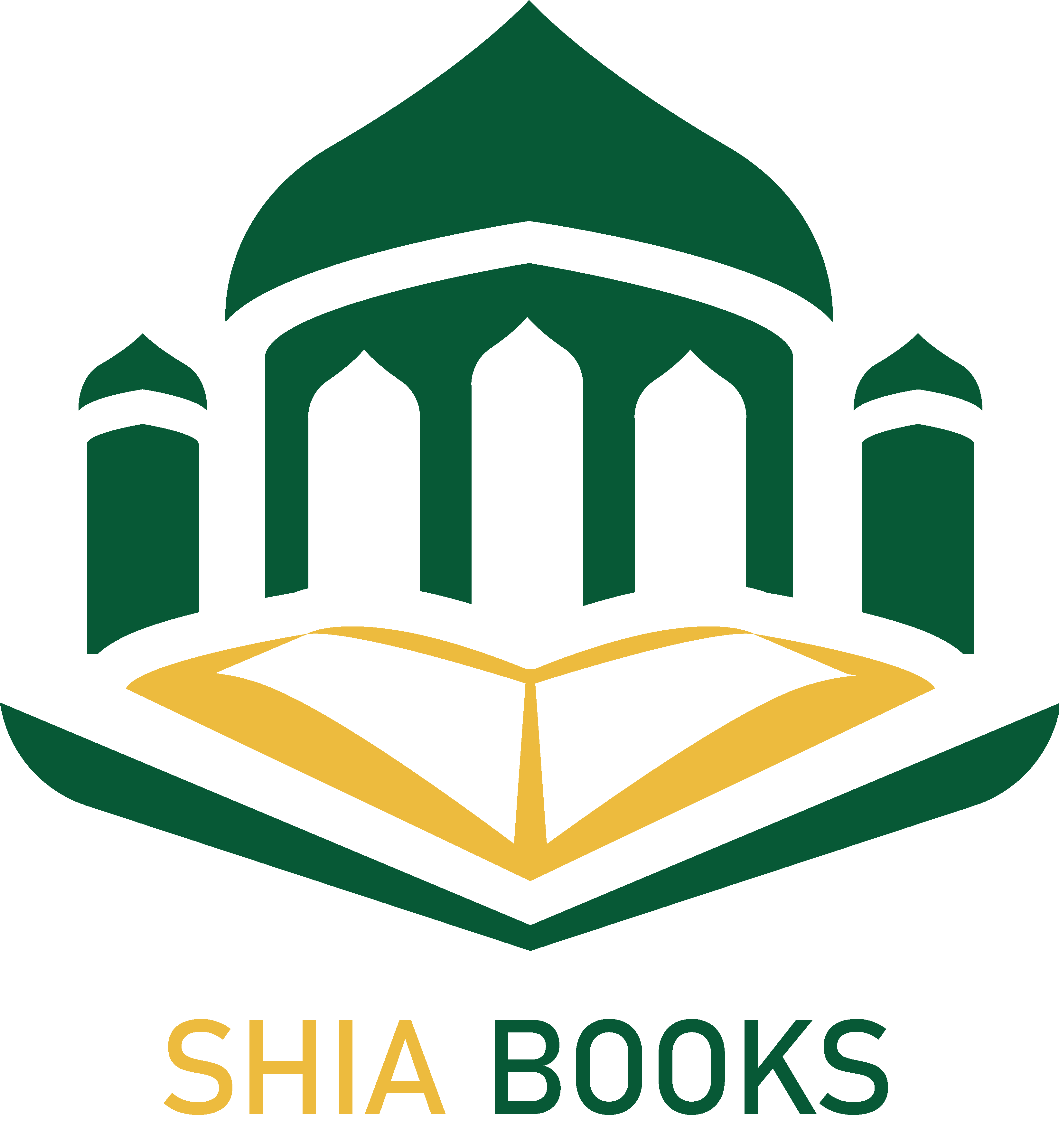
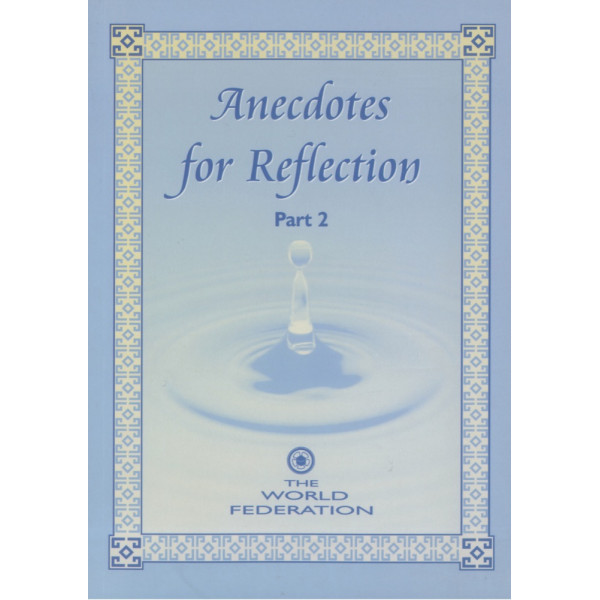
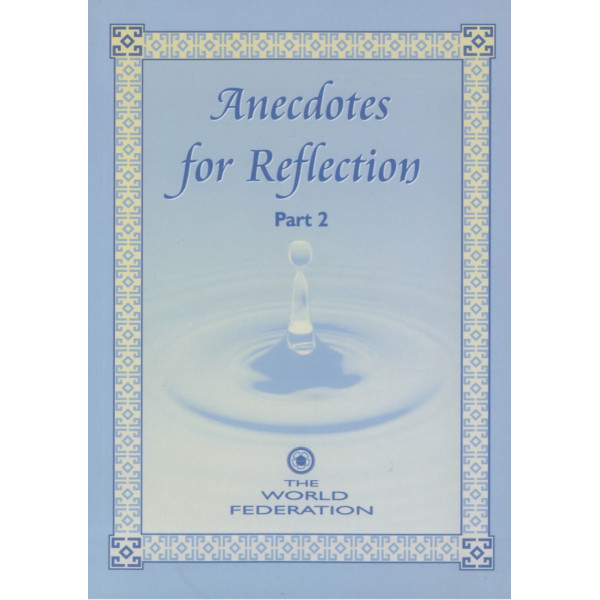
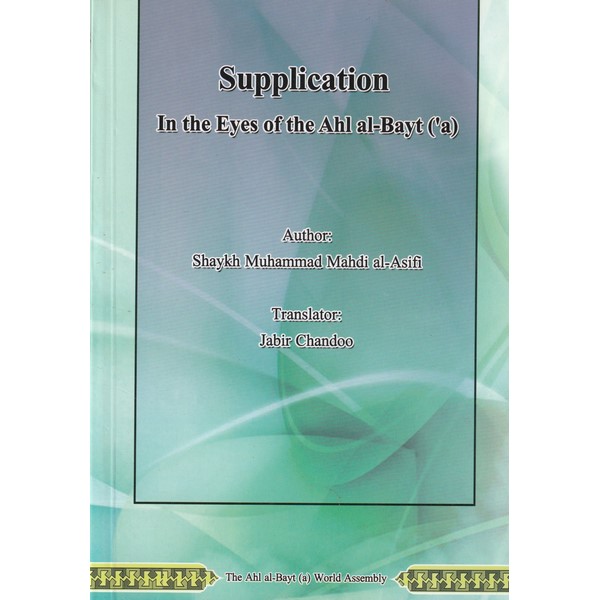
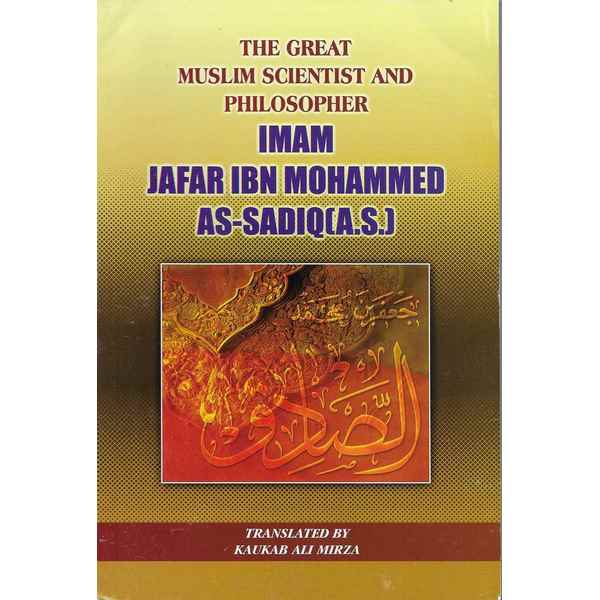
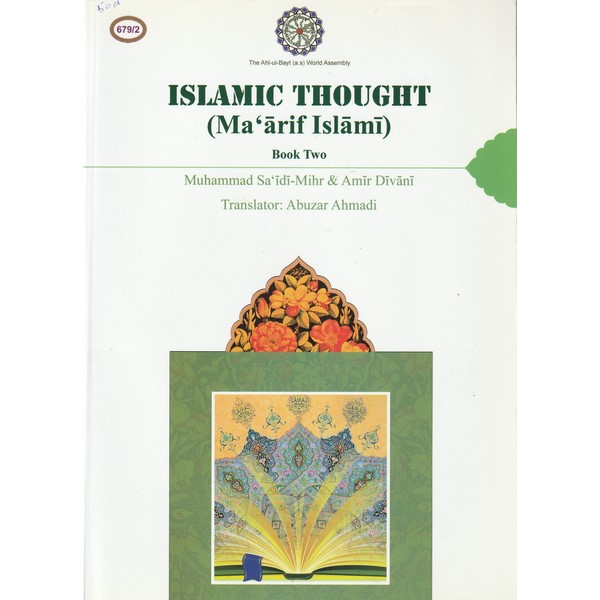

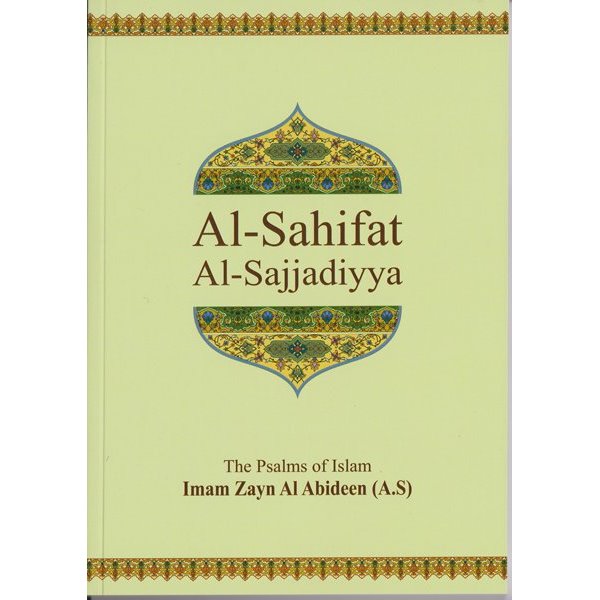





Reviews
There are no reviews yet.